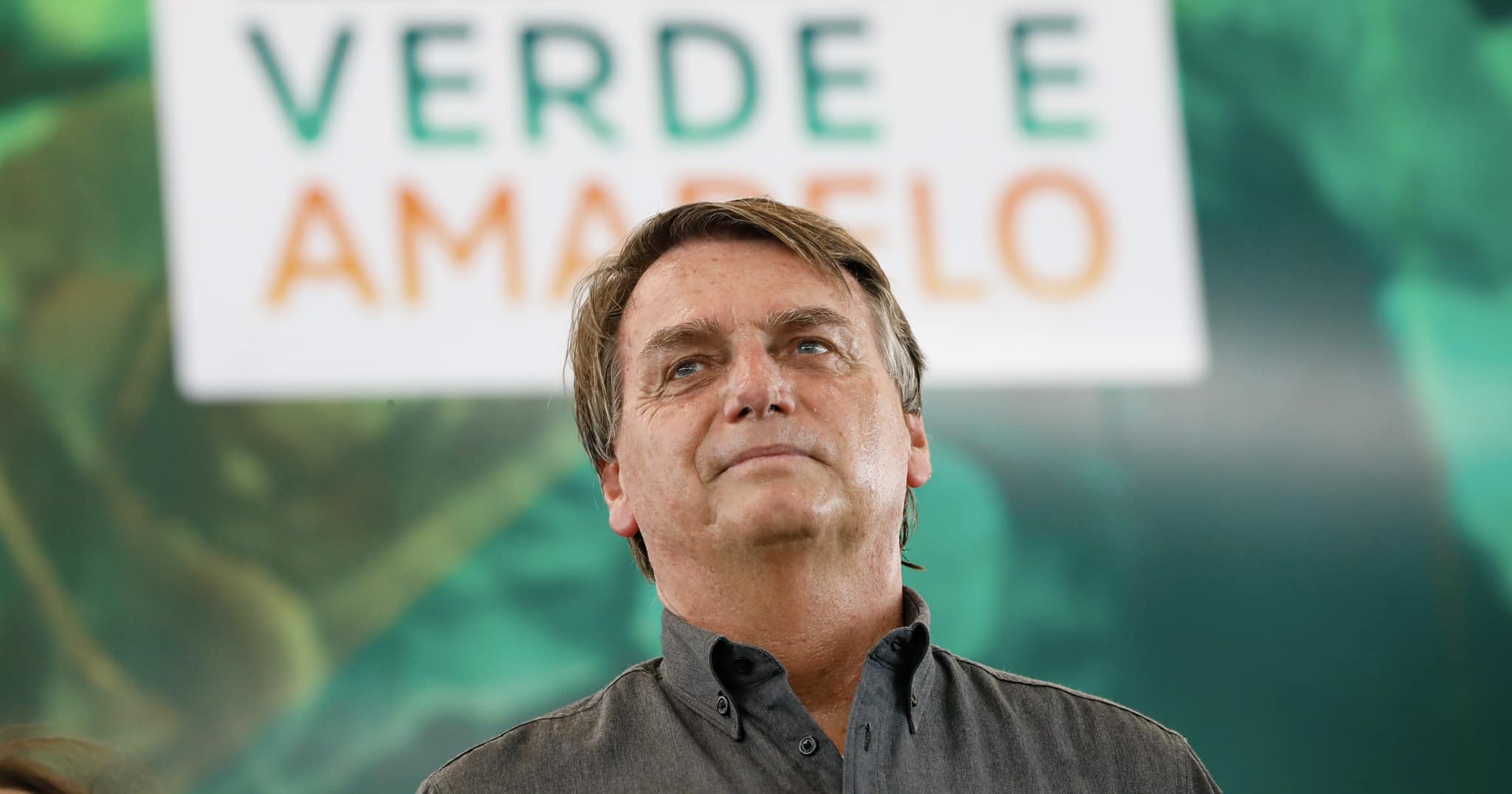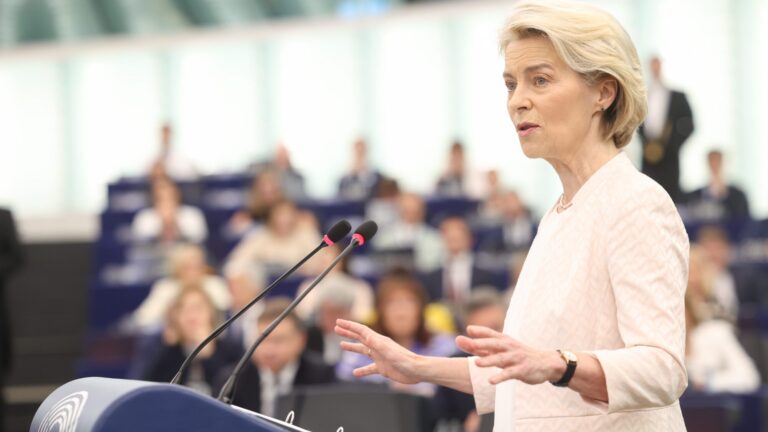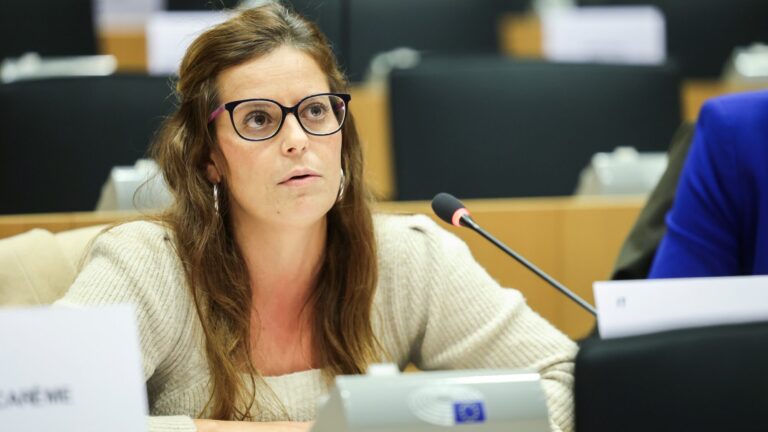An anticipated quick win for Lula da Silva (76), has failed to materialize after Sunday’s presidential elections. With 48.4% of the vote, the former Brazilian president just fell short of the 50% needed for victory.
Without an absolute majority, the presidential hopeful can prepare to lock horns with the incumbent Bolsonaro one more time, on October 30th.
With his 43.2%, Jair Bolsonaro (67), the current social conservative/libertarian president who has (gladly) been a thorn in the side of those of a leftist and/or globalist persuasion, far exceeded expectations.
Earlier polls forecast an easy win for da Silva, predicting he would beat Bolsonaro by 10 percentage points—polls, incidentally, according to earlier statements by Bolsonaro, were untrustworthy. Fueling his confidence—and that of his base and sympathizers—victory for the Brazilian leader has now become a real possibility. Such an event would have a rupturing effect on the region, which in recent years saw a trend of victories for the Left (in Mexico, Colombia, Argentina, and Chile).
Responding to the upset, da Silva tweeted that while he envisioned a win in the first round (an event which has not occurred in 24 years), this was “not always possible.”
He went on to stress that he always believed in his ability to win, that he shall do so, and that this setback is but “an extension.” In later tweets, he evinced much enthusiasm for traveling the country so he could meet with more Brazilians—and secure their vote.
Ontem falei que toda a eleição eu quero ganhar no 1° turno, mas nem sempre é possível. Mas a crença que nada acontece por acaso me motiva. Todas as pesquisas nos colocavam em 1° lugar, e sempre achei que nós iríamos ganhar. E nós vamos. Isso é só uma prorrogação.
— Lula 13 (@LulaOficial) October 3, 2022
This 2022 election is somewhat of a comeback for da Silva. In the 2018 elections he was unable to participate, as he was sitting out a 580-day jail sentence for corruption (a local, but quite systemic, tradition) at the time; a verdict which was later overturned. Should da Silva win the second round, he will become Brazil’s first democratically elected president to serve three terms.
Meanwhile, his opponent has cause to show some enthusiasm about his chances—compared to the 2018 vote, which won him the presidency, this time 2 million more Brazilians voted for him to don the mantle of head of state once more.
– Contra tudo e contra todos, tivemos no 1° turno de 2022 uma votação mais expressiva do que aquela que tivemos em 2018. Foram quase 2 milhões de votos a mais! Também elegemos as maiores bancadas da Câmara e do Senado, o que era a nossa maior prioridade neste primeiro momento.
— Jair M. Bolsonaro 2️⃣2️⃣ (@jairbolsonaro) October 3, 2022
Bolsanaro can be equally pleased with the rightist alliance he has managed to build, seeing it has garnered a 60% majority in Parliament. His own Liberal Party (PL) is now the largest, having won 99 seats (up 22 seats from 77). Da Silva’s Workers’ Party managed to increase its number of seats by 12, and now has 68 in total. This makes it the second largest.
Yet the Right’s clear majority all but guarantees that so-called ‘bolsonarismo’ will continue to exert great influence there, even should da Silva snatch the presidency from the policy’s originator. Such a majority would make it difficult for da Silva’s government to implement reforms or appoint members to the country’s Supreme Court.
Bolsonaro’s party also occupies 13 (out of 19) seats in the Senate, which include several of his government’s veterans. Meanwhile, the Right is fast gaining ground within Brazil’s 27 federal states. In eight of those, the right-wing candidate won out, while in six others a second round is needed before a winner can be declared.
Nine other candidates ran for president in the first round of the election. A distant fourth place went to centrist Senator Simone Tebet, who got 4%, and the third to center-left former lawmaker Ciro Gomes (3%); both said they would announce who they’d grant their endorsements to in the coming days.
Their paltry performances are yet another sign of pollsters missing the mark by a wide margin; additionally, it is suggestive of former supporters having bailed and shifted allegiance to either da Silva or Bolsonaro.
Sometime during the coming weeks, da Silva and Bolsonaro will once again cross swords in what is sure to be a fiery debate. On October 30th, the world’s fourth-largest democracy will pass judgment over who will be leading it.
Yet Bolsonaro—whether in office or out—is destined to rule its politics for decades to come.





